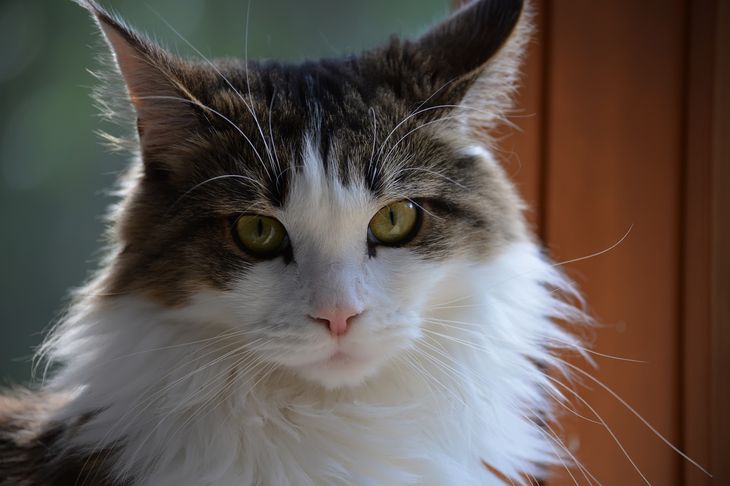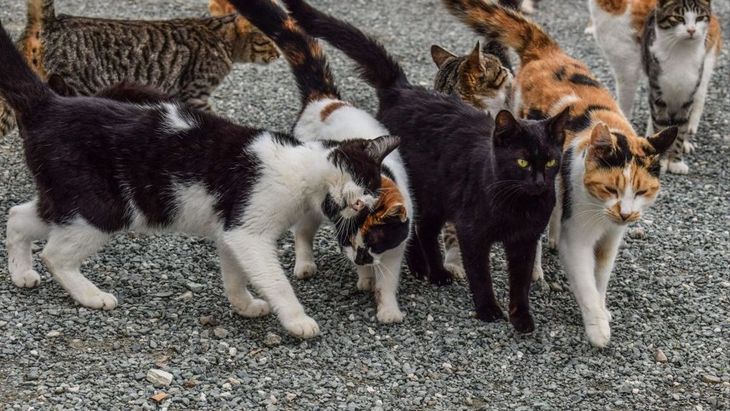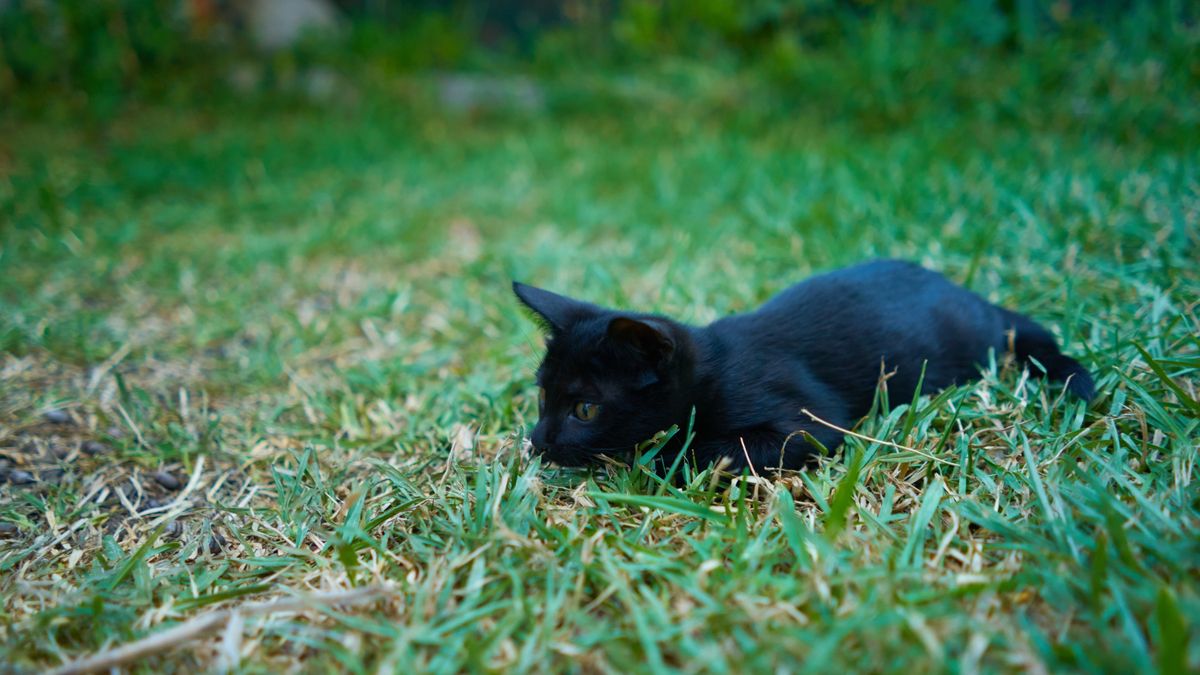Recent research questions the popular belief that cats are rat hunters. Learn about the results of these studies.
For a long time, Cats were considered ideal hunters to control rodent pests.especially in cities. However, recent research has questioned this popular belief, revealing that These felines are not as effective at hunting rats as previously thought.Despite their reputation as natural predators, cats preferred smaller, easier-to-catch prey, leaving rats off their main menu.
The content you want to access is exclusive for subscribers.
The purpose of these studies was to determine whether cats actually served the purpose of reducing rodent infestations or whether, on the contrary, their impact was minimal. The results helped to better understand the true role of cats in pest control and to consider more effective alternatives.


maine coon cat.jpg

Are cats bad hunters?
Despite their reputation as natural huntersthe evidence showed that cats did not actually manage to significantly control the rat population in cities. Various studies conducted in Waste management plants and observations in urban environments indicated that cats hunted only a small number of rats. This ineffectiveness was attributed to several factors, including the Size and aggressive behavior of urban ratswhich often proved too challenging for the cats. So, instead of hunting rats, the cats tended to avoid confrontations with them and focused on smaller, less dangerous prey.
The presence of stray cats in cities also brought with it additional problemsThe introduction of these felines not only proved ineffective in controlling rat populations, but also had negative consequences for the urban environment. The spread of diseases, such as toxoplasmosiswas one of the main concerns, since cat feces can transmit this disease, causing serious health problems. In addition, cats negatively affected the local biodiversitypreying on other species and altering the ecological balance in their surroundings.
stray-cats.jpg

The environmental impact of cats in urban areas proved to be considerable. Studies revealed that although cats could contribute to the reduction of some pests, their influence on the ecosystem was more harmful than beneficial. The alteration of biodiversity and the spread of diseases led to questions about the practice of releasing stray cats into cities as a method of pest control. Instead of relying on these felines, the importance of looking for most effective management methodssuch as improved waste management and direct control of rodent populations.
Source: Ambito
David William is a talented author who has made a name for himself in the world of writing. He is a professional author who writes on a wide range of topics, from general interest to opinion news. David is currently working as a writer at 24 hours worlds where he brings his unique perspective and in-depth research to his articles, making them both informative and engaging.




